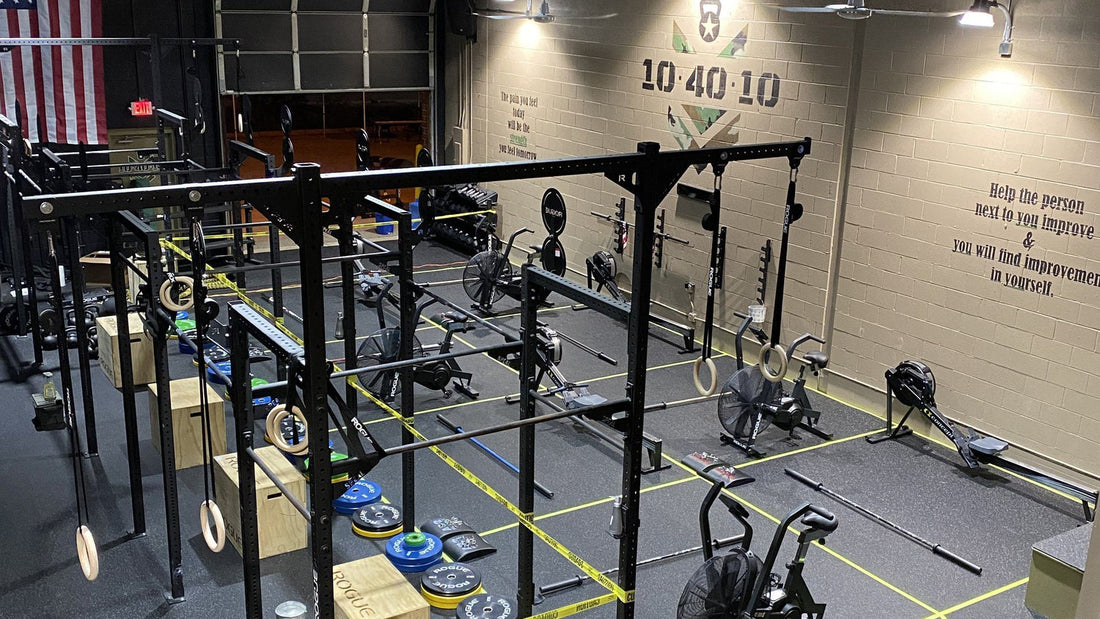 There’s a popular term in the world of mental health professionals that goes “there is no health without mental health.” Although I do whole-heartedly agree with this statement, I would take it a step further. I’d say that there is no true testament of an individual's health without the entire “puzzle piece” being in sync and healthy. The puzzle piece being the individual’s physical, mental and emotional health. Mental health truly is only one part of the puzzle piece, but if there’s one thing we know about puzzles, all it takes is one piece being off to throw the puzzle in it’s entirety completely out of wack.
There’s a popular term in the world of mental health professionals that goes “there is no health without mental health.” Although I do whole-heartedly agree with this statement, I would take it a step further. I’d say that there is no true testament of an individual's health without the entire “puzzle piece” being in sync and healthy. The puzzle piece being the individual’s physical, mental and emotional health. Mental health truly is only one part of the puzzle piece, but if there’s one thing we know about puzzles, all it takes is one piece being off to throw the puzzle in it’s entirety completely out of wack.
I am a Licensed Professional Counselor, or as some would say, a Mental Health Therapist. My approach to my practice is one that I would refer to as a holistic approach, meaning, I view my client’s mental health as being affected by their physical health and overall lifestyle choices. To put it simply, I look at the “whole” individual. I am a firm believer that with a couple lifestyle changes, you can greatly impact your overall mental health.
 So how do we work towards optimal mental health? There are two ways we can aid in the health of our minds. Participating in regular exercise and focusing on a healthy diet can already send you well on your way to better mental health. Think of it as getting the most bang for your buck.
So how do we work towards optimal mental health? There are two ways we can aid in the health of our minds. Participating in regular exercise and focusing on a healthy diet can already send you well on your way to better mental health. Think of it as getting the most bang for your buck.
Get Moving to Get Happy
If you’ve ever gone for a run- you may have experienced something runners refer to as the “runner’s high.” For many- it’s what keeps them pounding the pavement day after day. Sure there may be a multitude of reasons why this happens. It could be the new playlist they had bumping in their headphones, it could be the sunshine warming up their faces, or it could be the buddy they had running right beside them. But, there’s also actually an entire science behind it. That science being these little things called endorphins- or the “feel good chemicals.” Exercising releases endorphins, dopamine and adrenaline. The combination of these three things can lead to an overall happier, more relaxed state, and can minimize feelings of stress in the body. These physiological effects can actually minimize symptoms of Depression and Anxiety on the body. The release of the “happy chemicals” along with an increase in nerve cell growth can be credited with that.
Exercise also forces individuals to shift their mind elsewhere for a little while. The distraction exercise provides us can also play a huge role in minimizing symptoms of both Depression and Anxiety. Chances are, if you’re sweating it up in a cycling studio or taking yourself through a heavy lifting session, your mind is more focused on the strenuous workout at that moment. If there’s one thing we know, it’s that the way we think has a great impact on the way we feel. From a mental health professional perspective, learning to control thoughts and perception can be very helpful in our quest toward better mental health. Cognitive distortions play a huge role in this. A cognitive distortion is basically an irrational thought pattern such as negative self-talk, black and white thinking, all or nothing mentality, etc. By focusing on your exercise, you are also distracting yourself from participating in these negative and debilitating behaviors.
 Exercising regularly can also benefit mental health through its ability to build healthy habits and consistency. Have you ever had a big goal set for yourself, completed it, and sat there basking in the feeling of accomplishment right after? Chances are we can all think back to at least one time this has happened to us. Personally, to me, there’s no feeling quite like it. Exercising regularly is kind of like that. The beautiful thing about it is that you don’t have to set a goal of completing a marathon to reap the benefits of it. The positive affect consistency has on your brain can come from even the simplest forms of consistent exercise. You could simply set a goal of hitting the gym four times a week and really sticking to it. When you successfully complete those four days of workouts, I can almost guarantee you’ll feel a sense of accomplishment and pride. The idea is that staying consistent in that one area in your life will build consistency in other areas of your life. So, basically, exercising regularly can also help you build other healthy life habits.
Exercising regularly can also benefit mental health through its ability to build healthy habits and consistency. Have you ever had a big goal set for yourself, completed it, and sat there basking in the feeling of accomplishment right after? Chances are we can all think back to at least one time this has happened to us. Personally, to me, there’s no feeling quite like it. Exercising regularly is kind of like that. The beautiful thing about it is that you don’t have to set a goal of completing a marathon to reap the benefits of it. The positive affect consistency has on your brain can come from even the simplest forms of consistent exercise. You could simply set a goal of hitting the gym four times a week and really sticking to it. When you successfully complete those four days of workouts, I can almost guarantee you’ll feel a sense of accomplishment and pride. The idea is that staying consistent in that one area in your life will build consistency in other areas of your life. So, basically, exercising regularly can also help you build other healthy life habits.
Regular exercise can benefit our mental health by building self-confidence and positive self-esteem. Think about the term, “look good feel good.” There is something to be said about feeling and looking strong and the confidence it brings along with it. The stronger you feel the better you (most-likely) feel. Watching your body transform into a stronger body can be an incredibly positive experience. Progress is something we as humans really feed off and consistent exercise breeds progress.
Lastly, exercising regularly can also lead to a better night of sleep. The harder you work your body and allow it to release energy throughout the day, the more it craves quality sleep, and the more likely it is to get there. If you’ve ever gone days without consistent quality sleep, I’m sure you’ve experienced the side-effects that come along with it. Poor sleep can often be tied to feelings of irritability, difficulty concentrating, and even a tendency to make less healthy eating choices.



